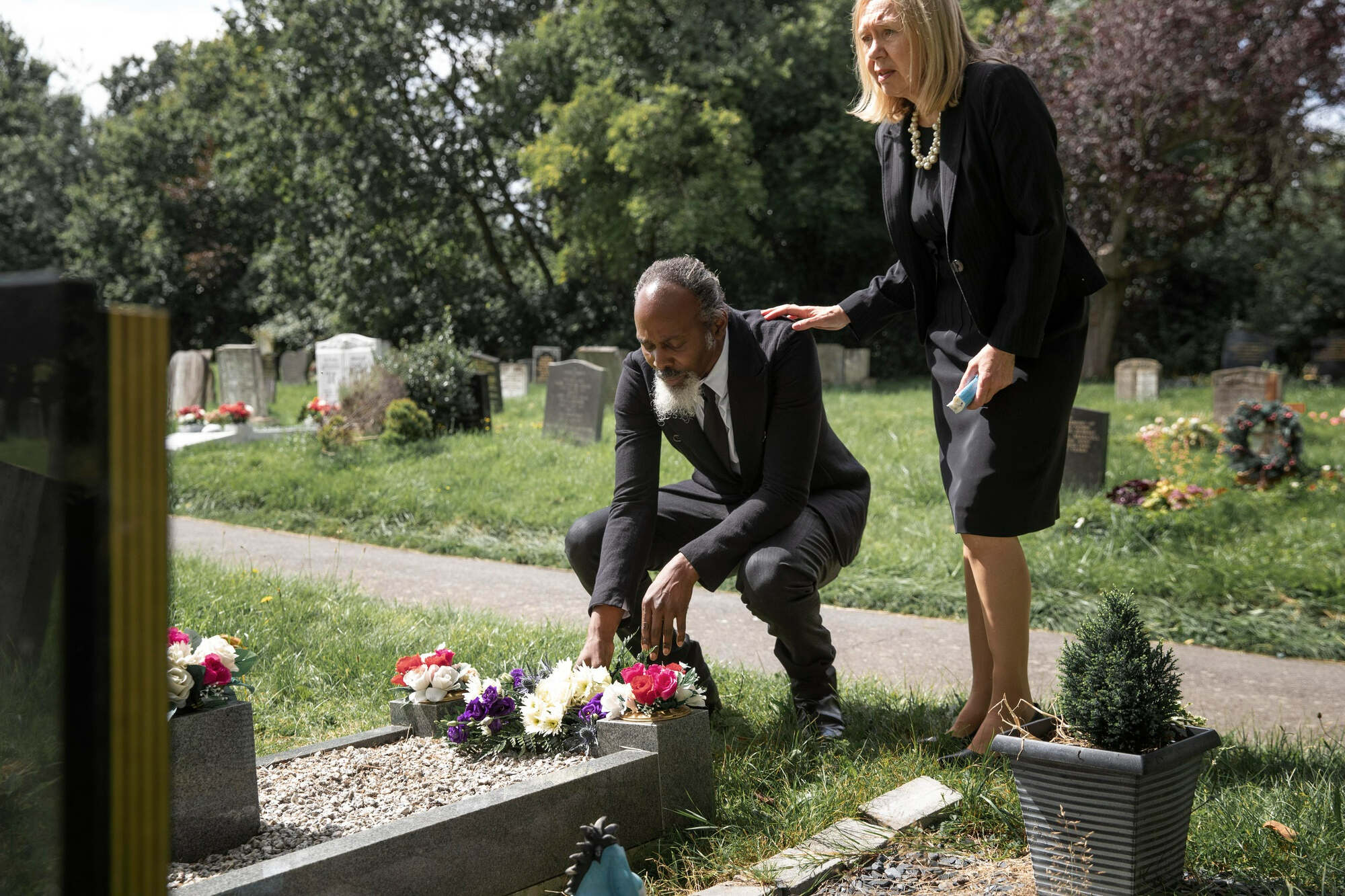Numerous families in Dallas face the devastating impact of losing a loved one due to wrongful death every year. Understanding Damages for Wrongful Death is crucial for those seeking justice and compensation for their immense loss. This article aims to demystify the complex process of calculating these damages within the legal framework of Texas, providing essential guidance to grieving families.
Wrongful death claims encompass a range of financial and emotional considerations, each calculated to reflect the profound impact of the loss. Here, we will explore the types of damages available, investigate the factors that influence their calculation, and discuss the critical aspects of Dallas’s wrongful death legal process. By understanding these elements, families can better navigate their legal rights and options during challenging times.
Understanding Wrongful Death in Texas

Types of Damages Awarded for Wrongful Death

Factors Influencing Damage Calculations
When calculating Damages for Wrongful Death in Dallas, Texas, several critical factors come into play that can significantly affect the outcome of a settlement or court award. These factors help determine the appropriate compensation amount that reflects the economic and emotional impact of losing a loved one. Understanding these variables is crucial for families seeking justice and compensation through wrongful death claims.
Age and Health of the Deceased
The age and health of the deceased at the time of their death are pivotal in calculating potential future earnings, which is a major component of wrongful death damages.
- Younger Deceased: Generally, if the deceased was younger, the potential future earnings calculated would be higher due to the presumed longer remaining working life. Calculations for a younger person include not only salary at the time of death but also potential career advancements and increases in earnings.
- Health Considerations: The pre-existing health condition of the deceased also influences calculations. Suppose the deceased had a condition that could have shortened their life expectancy or reduced their earning capacity. In that case, this might be factored into the calculations, potentially reducing the death compensation calculation.
Role of the Deceased’s Dependents
The financial needs and the number of dependents the deceased supported significantly determine the compensation amount.
- Dependents’ Needs: The more dependents the deceased had, the greater the compensation generally needs to be to cover the loss of financial support. This includes immediate family members like spouses and children, and may also extend to other dependents such as elderly parents.
- Future Needs of Dependents: This can include costs such as future education for children, medical care, and cost of living adjustments. Each dependent’s needs are considered individually to ensure the death settlement Dallas appropriately reflects their future without the deceased.
Circumstances of Death
The specific circumstances surrounding the wrongful death also substantially impact the types of damages awarded. Each scenario can lead to different types of compensation being relevant and justified.
- Medical Malpractice: In cases of death due to medical errors, damages might include loss of life and income and medical expenses incurred due to the malpractice and pain and suffering prior to death.
- Vehicle Accident: Deaths resulting from vehicle accidents might focus more on the immediate loss and trauma, including punitive damages if the responsible party was egregiously negligent.
- Work-related Accidents: These might involve considerations of workplace safety violations and could lead to higher punitive damages if gross negligence is proven.
The Calculation Process for Wrongful Death Damages

Legal Representation and Wrongful Death Claims
Navigating the aftermath of a loved one’s untimely death due to wrongful actions can be overwhelming for any family. In these trying times, securing an experienced Dallas death lawyer is crucial. The right legal representation provides much-needed support and ensures that the Damages for Wrongful Death are accurately calculated and fairly negotiated.
Importance of Experienced Legal Representation
The complexities of a wrongful death claim in Texas require not just any attorney, but one with specific experience in wrongful death cases. These attorneys are equipped with:
- Specialized Knowledge: Wrongful death cases involve specific nuances of Texas state laws that general practice lawyers may not be familiar with. An experienced Dallas injury attorney understands these subtleties and can navigate the legal system effectively.
- Strategic Guidance: From filing the claim to handling sensitive negotiations, seasoned wrongful death attorneys guide families through every step, ensuring that no legal rights are overlooked and that the process moves forward without additional stress to the family.
Choosing the Right Lawyer
When selecting a lawyer to handle a wrongful death claim, families should consider several key factors:
- Track Record: Look for an attorney with a proven track record in wrongful death settlements or verdicts. Success in previous cases similar to yours can be a good indicator of capability and experience.
- Empathy and Understanding: Given the emotional nature of wrongful death claims, it is important to choose a lawyer who not only understands the legal process but also empathizes with the family’s grief and strives to make the legal journey as smooth as possible.
- Resource Availability: Effective handling of a wrongful death claim often requires significant resources, such as access to forensic experts, accident reconstruction specialists, and financial analysts who can aid in the death compensation calculation.
Role of an Attorney in the Claims Process
The involvement of a skilled wrongful death attorney is vital for several reasons:
- Accurate Valuation of Damages: An attorney with experience in Dallas wrongful death cases will be adept at calculating both economic and non-economic damages accurately, considering all potential future earnings and impacts.
- Negotiation with Insurance Companies: Wrongful death attorneys are skilled negotiators who can deal effectively with insurance companies, who often seek to minimize compensation for death. An attorney ensures that the settlement reflects the true value of the claim, maximizing the death settlement Dallas families might receive.
- Litigation: A knowledgeable attorney is indispensable if the case goes to trial. They can present the case compellingly and persuasively, aiming to secure the best possible jury verdict in favor of the family.
Securing Justice and Fair Compensation: Your Path Forward After a Tragic Loss









